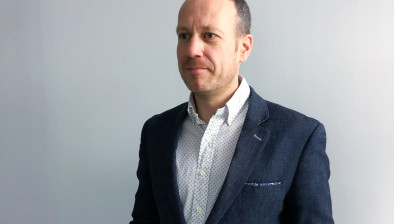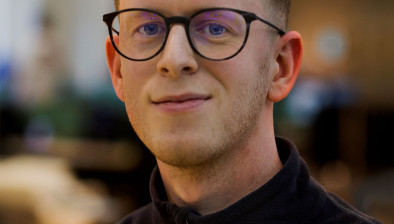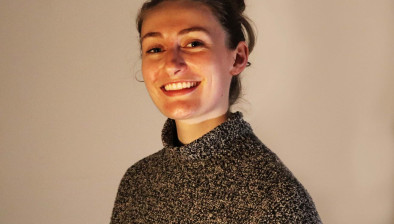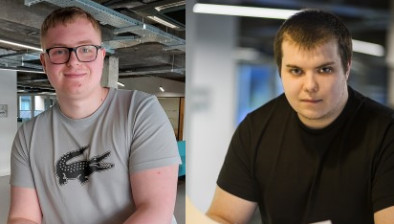Harley Haddow celebrates women in engineering

Pictured: Rachel Fitzpatrick, graduate civil engineer at Harley Haddow.
Multi-disciplinary engineering consultancy Harley Haddow is highlighting the stereotypes and misogyny being faced by female engineers ahead of International Women in Engineering Day on Sunday.
With comments like “you don’t look like an engineer”, catcalling on worksites or being mistaken for administration staff, the industry has – despite making progress – got a long way to go, the business says.
New workforce data released by Engineering UK shows the proportion of women working in engineering and technology roles has declined in the past year from 16.5% to 15.7%. In contrast, women make up more than half of the rest of the UK workforce (56.1%).
Rachel Fitzpatrick almost left the industry two years ago due to the misogynistic culture she was facing on a daily basis, but found a new start and better fit in her role at Harley Haddow. She acknowledges that there has been change since the beginning of her career, but feels the industry still has a long way to go before it is a welcoming and comfortable environment for female engineers.
She said: “I feel there is a stigma around women in engineering. That we should look or talk a certain way which is simply a load of rubbish. I have been told countless times that I ‘don’t look like an engineer’. During a lecture at university, I was told by a mature student that women don’t have a work ethic and are not willing to work overtime – a fact I wish someone had told me!
“I understand that the industry is really trying to push for equality, but this can also unfortunately result in some small-minded people claiming that jobs are going to people just to fit this new ‘inclusivity and diversity’ mantra.
“For a woman to make it through the education system and into a role in engineering, the reality is she has already had to fight an uphill battle along the way, and the fact that we are still there and wanting to work in the industry is testament to our drive and resolve.
“This in itself is a huge skill and asset, and it is this that is forgotten by those that say women are being gifted jobs without earning it. Yes, we are women in engineering but at the end of the day we are all engineers and should be treated the same as any male engineer.”
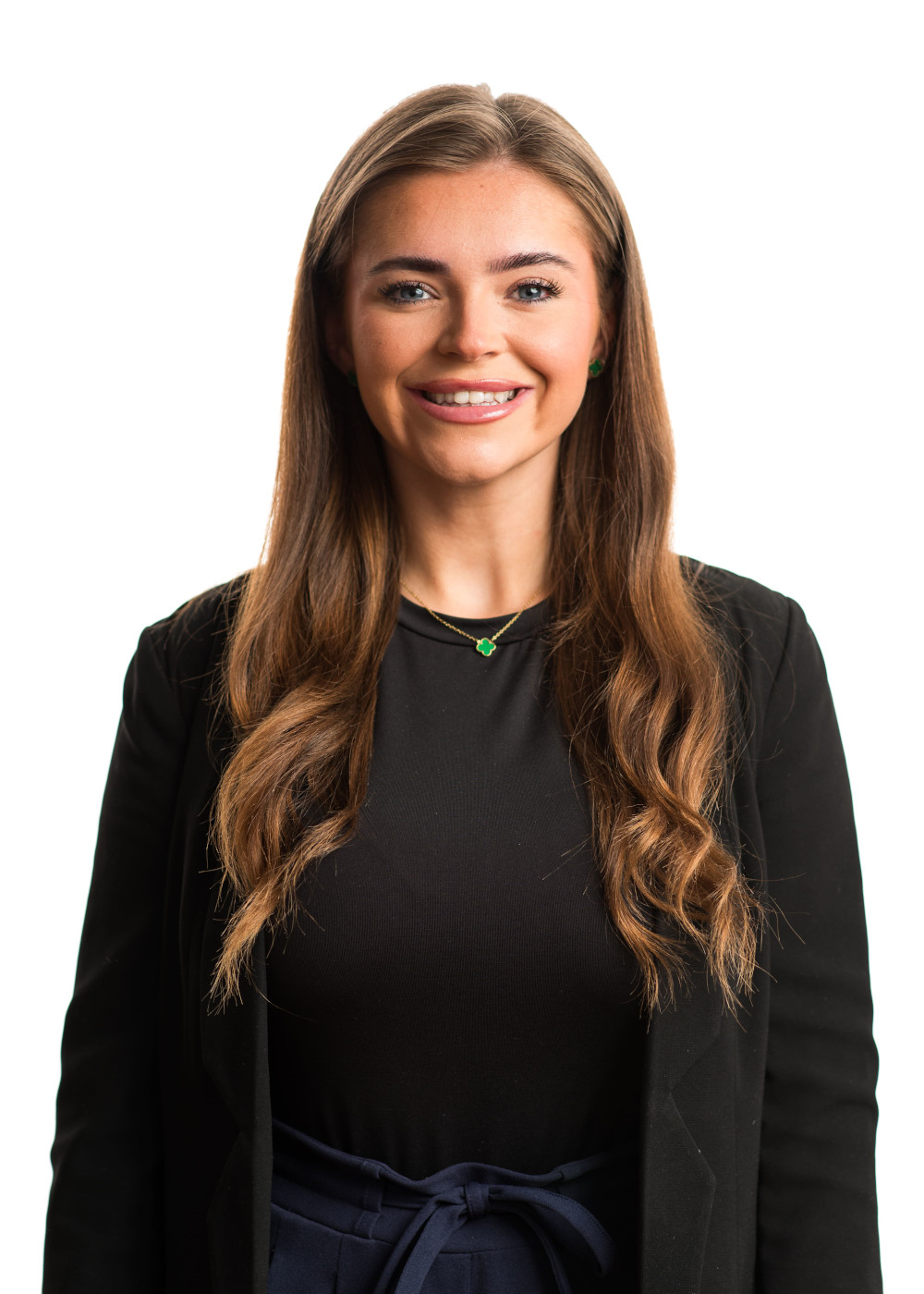
Hayley McArthur
Hayley McArthur has been with Harley Haddow for over a year and found her route into engineering thanks to a physics teacher at school encouraging her to attend a women’s engineering day.
The 23-year-old, who works in the consultancy’s Glasgow office, said: “What I couldn’t understand was why it was woman-only, so I asked the question to be told that there weren’t enough woman engineers. I knew from that moment on that I wanted to change that.
“Working in the industry, you do encounter old fashioned people or the stereotypes who can’t quite grasp that woman can be engineers. It’s not always ignorance, sometimes people are just taken aback and don’t expect it. I’ve often been mistaken for the ‘admin’, and there is often the misconception that women are limited compared to things a male could do.”
Over the course of her career, Kathryn Sykes, 28, has frequently encountered scepticism about her role as a structural engineer and faced questions about her expertise, with assumptions that she may need assistance from senior engineers.
She said: “This situation forces me into a position where I must continually prove my competence, often hearing remarks like ‘you don’t look like a structural engineer’ or ‘you’re not what I expected.’
“There is also a common misconception that women are more emotional than men. This attitude is something I come across a lot and makes me feel like I have to constantly monitor every tiny reaction and response, which men don’t necessarily have to do.”

Kathryn Sykes
Ms Sykes also highlighted workplace safety as an area that women naturally have a more heightened awareness of.
She added: “When I visit a construction site, an abandoned building, or a field for an inspection, I’m not only mindful of typical health and safety risks but also of potential threats, I take precautions such as avoiding solo site visits when meeting strangers, especially in remote areas. I prefer having someone accompany me rather than entering houses alone, and I’m cautious about entering confined spaces with men on site.
“Despite all of this, I do believe that in the last seven years I have seen many improvements in attitudes in the industry and where I am at Harley Haddow, I feel listened to by my managers when I discuss these challenges. They are genuinely interested in listening, understanding, and contributing to finding solutions.”
While all three women believe that entry into the industry has become much better, retention remains an issue, with analysis of Engineering UK figures showing that the drop in women leaving the industry is concentrated among women aged 35 to 44.
Issues around lack of progression opportunities and also the industry as a whole being slow to adapt and create flexible options that accommodate family responsibilities effectively, are thought to be contributing factors behind this.
While there are challenges, Ms Sykes, Ms McArthur and Ms Fitzpatrick all share an incredible passion for what they do, with engineering offering the opportunity to shape the world around them with a view from a women’s perspective.
For example, the number of toilets in event spaces often fails to account for the fact that men take less time than women and that men’s toilets contain more urinals, leading to long queues for women at almost all event spaces. Having more women in the decision-making process will help highlight these issues and lead to solutions and a more equitable society, Harley Haddow said.
Ms Sykes added: “Engineering is a field where creativity meets problem-solving, and every challenge you tackle can lead to breakthroughs that improve lives. Don’t let stereotypes or misconceptions deter you! The industry is evolving, and there is a growing recognition of the need for diversity.”








